A US official will travel to Japan after meeting with the Dutch government to push for stronger sanctions on China's advanced semiconductor sector, Yahoo News sources said.
A Chinese Foreign Ministry representative said the country opposes the US engaging in confrontation and “forcing other countries to suppress the semiconductor industry.”
“This behavior seriously hinders the development of the global semiconductor industry and will eventually be counterproductive,” a Chinese Foreign Ministry spokesperson said at a press conference in Beijing.
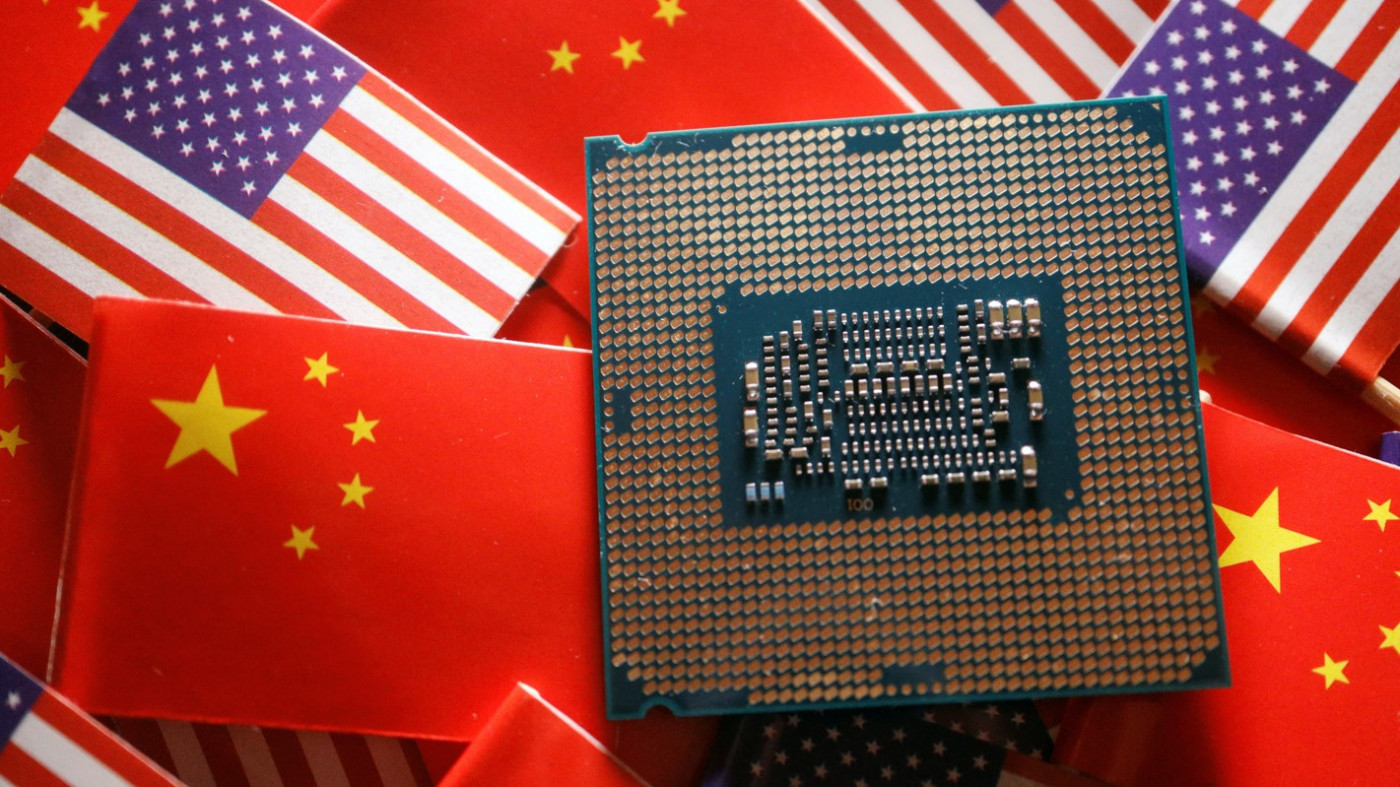
Meanwhile, the Dutch Foreign Ministry confirmed that it had held a meeting with the US side earlier this week. Japan's Industry Ministry also said that discussions with its ally had taken place, but declined to comment on diplomatic activities.
The US will impose export restrictions in 2022 on shipments of advanced chips and semiconductor manufacturing equipment to China from Nvidia and Lam Research for the first time.
In July 2023, in response to Washington's policy, Tokyo imposed export restrictions on 23 types of semiconductor equipment and machinery from manufacturers such as Nikon and Tokyo Electron.
Next, the Dutch government began monitoring ASML, the company that exclusively produces deep ultraviolet (DUV) lithography machines. Washington also claimed jurisdiction over the Dutch company’s systems because they contain parts, components, and technology of American origin. ASML is the world’s largest chip equipment maker by revenue and market capitalization.
The US is pushing its allies to add 11 more Chinese chip factories to the blacklist, sources said. The list currently has five factories, including SMIC, the mainland’s largest chipmaker. The US may also target additional foundry equipment.
In April, US officials pushed the Netherlands to block ASML from servicing some of its foundry equipment in China. Under Washington regulations, US companies are prohibited from servicing equipment at advanced factories in the mainland. However, ASML’s service contract remains in effect, while the Dutch government can only regulate these matters within its own territory.
For its part, ASML says it can still maintain most of the billions of euros worth of equipment it has sold to China without needing spare parts sourced from the US.
Last year, Chinese telecommunications giant Huawei unexpectedly launched a smartphone running on an advanced chip, despite Washington's strict sanctions.
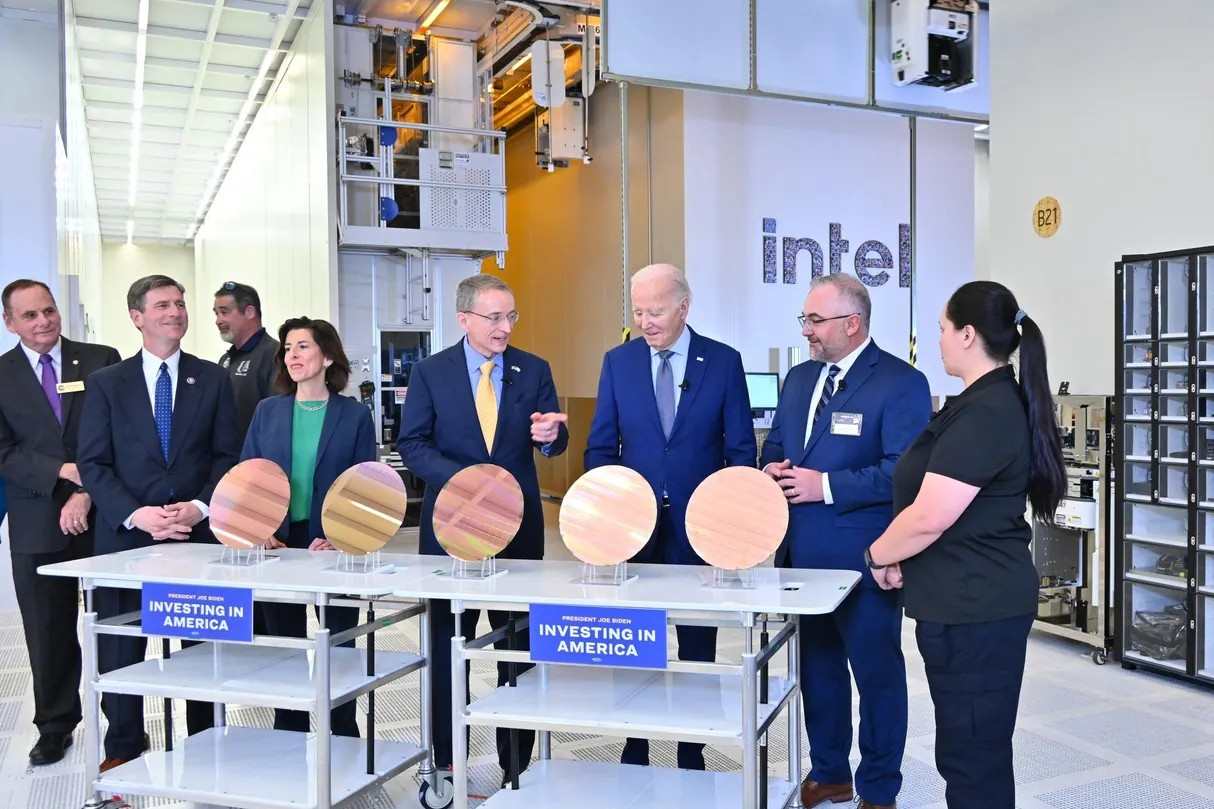
Source: https://vietnamnet.vn/my-thuc-giuc-nhat-ban-ha-lan-manh-tay-hon-nua-voi-ban-dan-trung-quoc-2293294.html


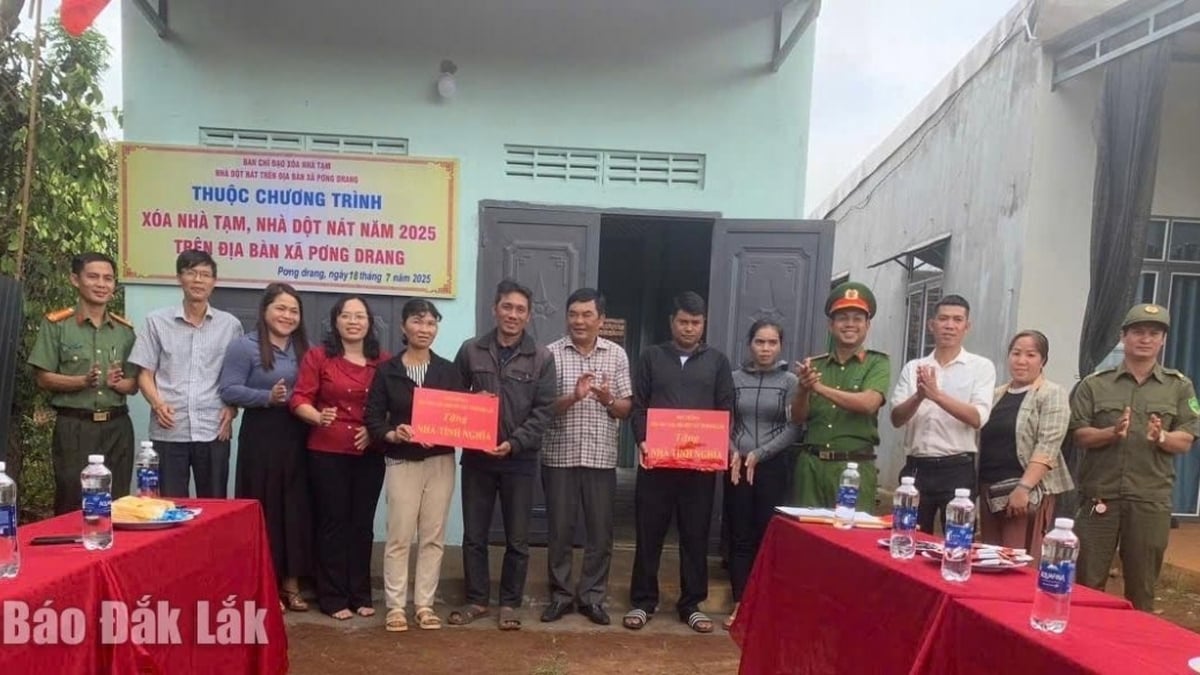

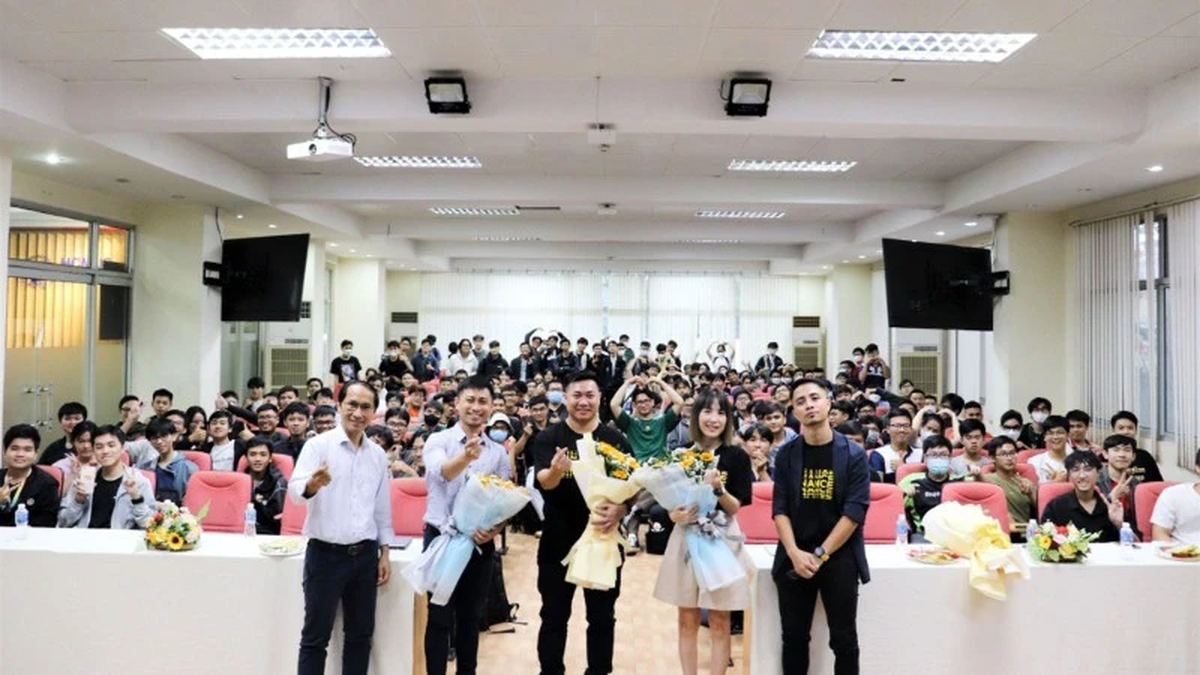
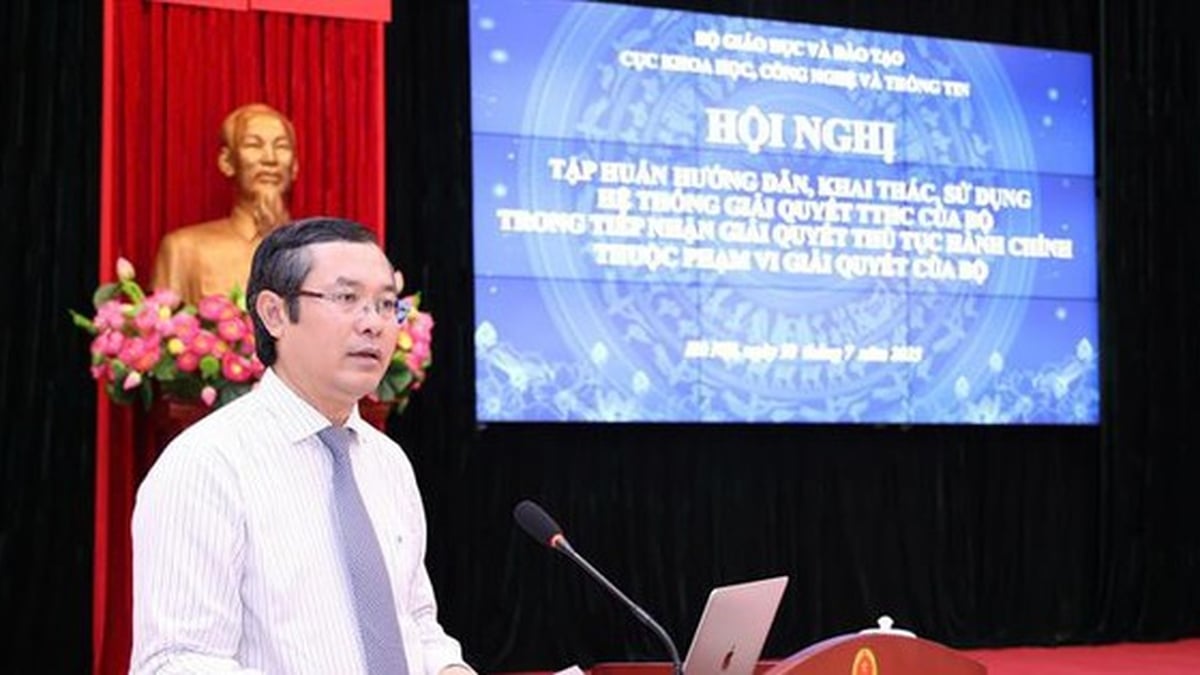

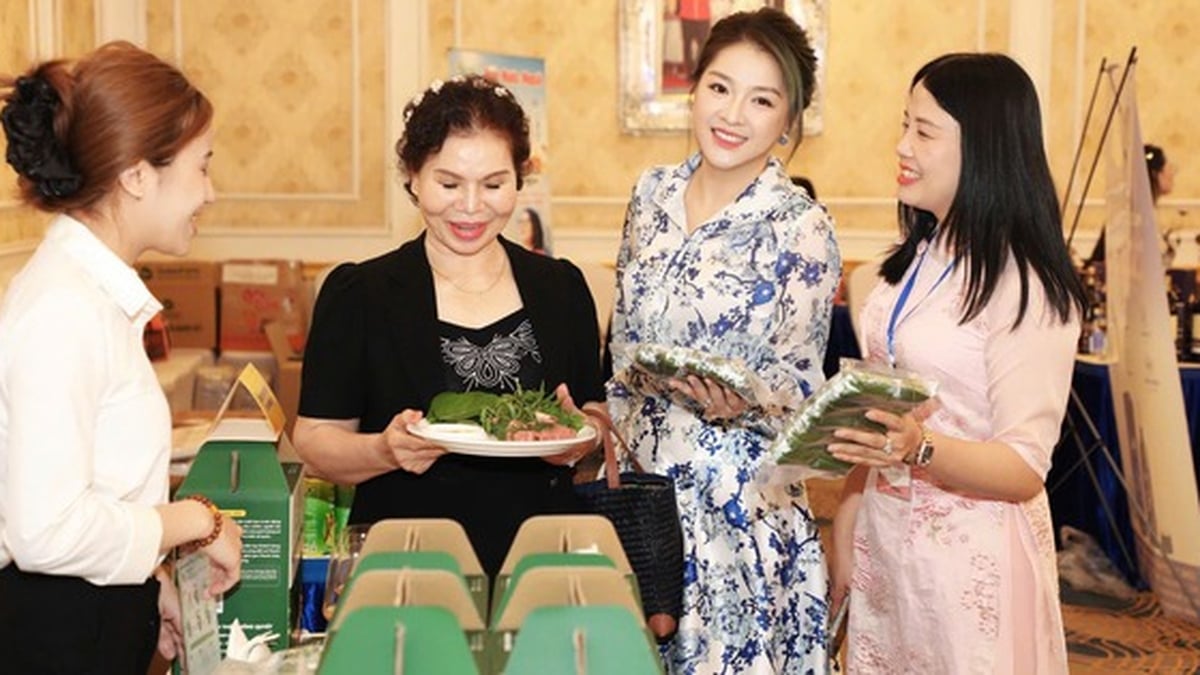
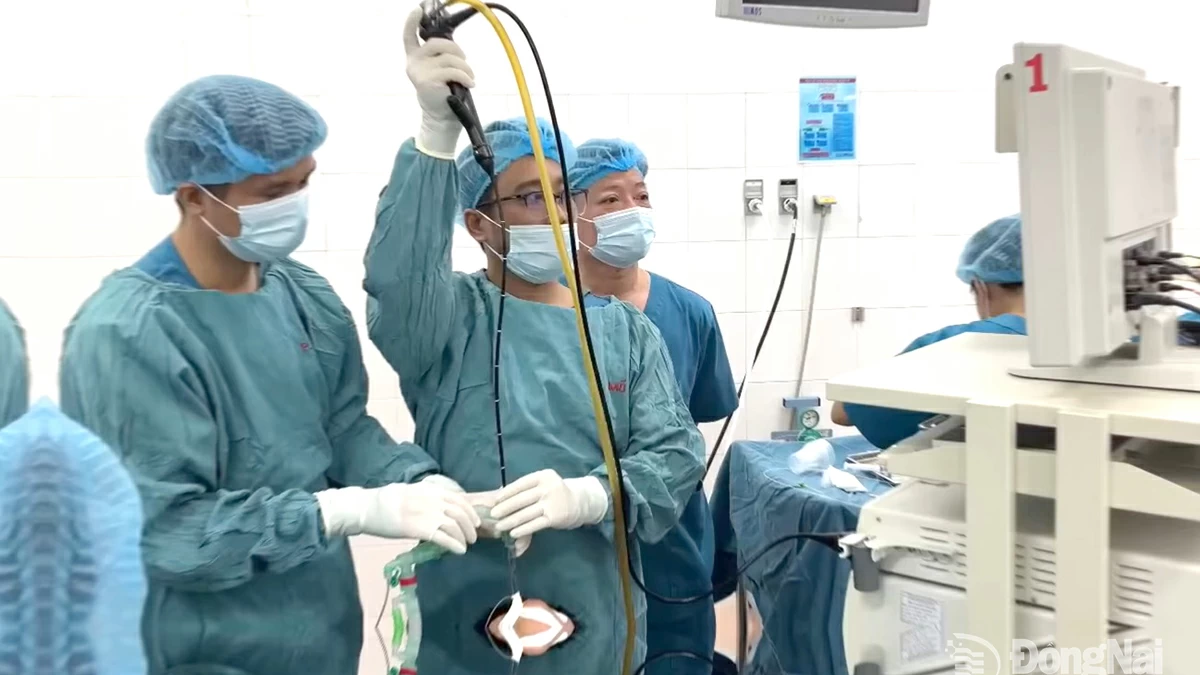

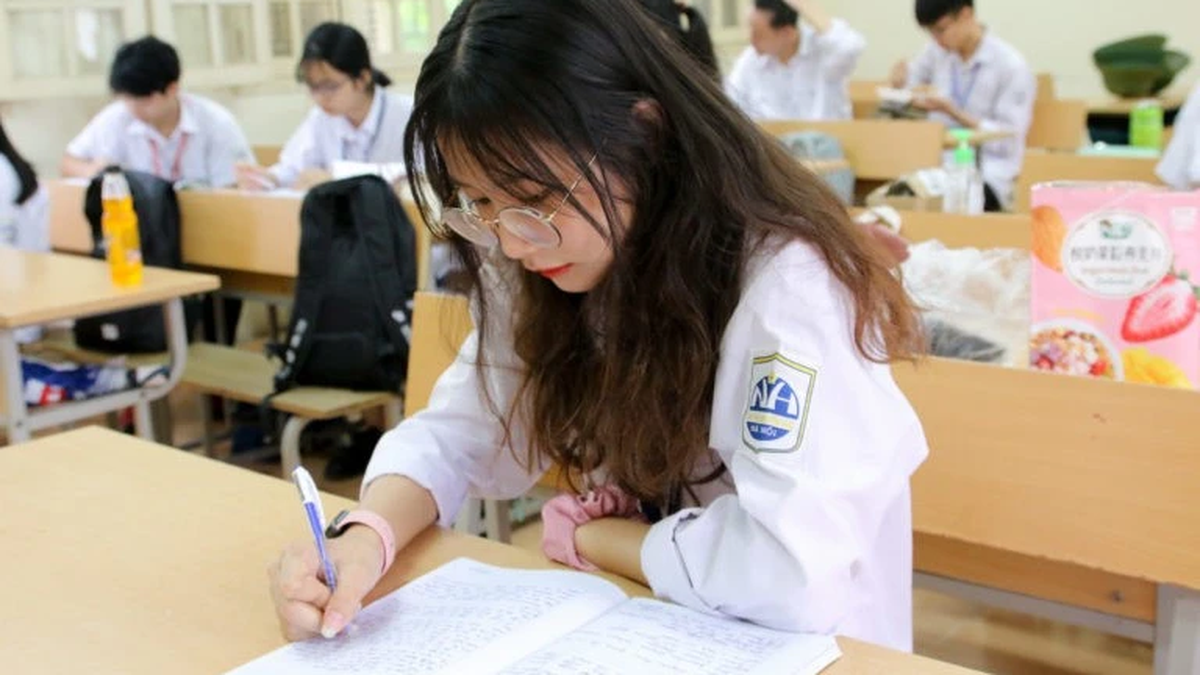
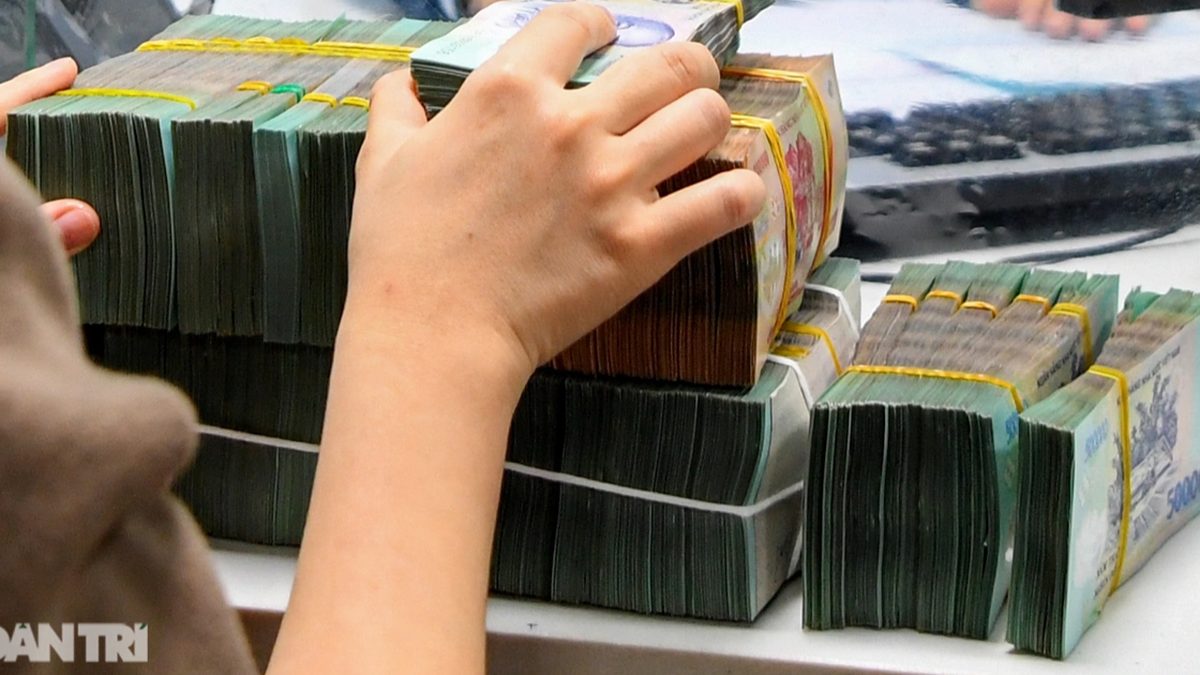

















































































![[Infographic] In 2025, 47 products will achieve national OCOP](https://vphoto.vietnam.vn/thumb/402x226/vietnam/resource/IMAGE/2025/7/16/5d672398b0744db3ab920e05db8e5b7d)





Comment (0)